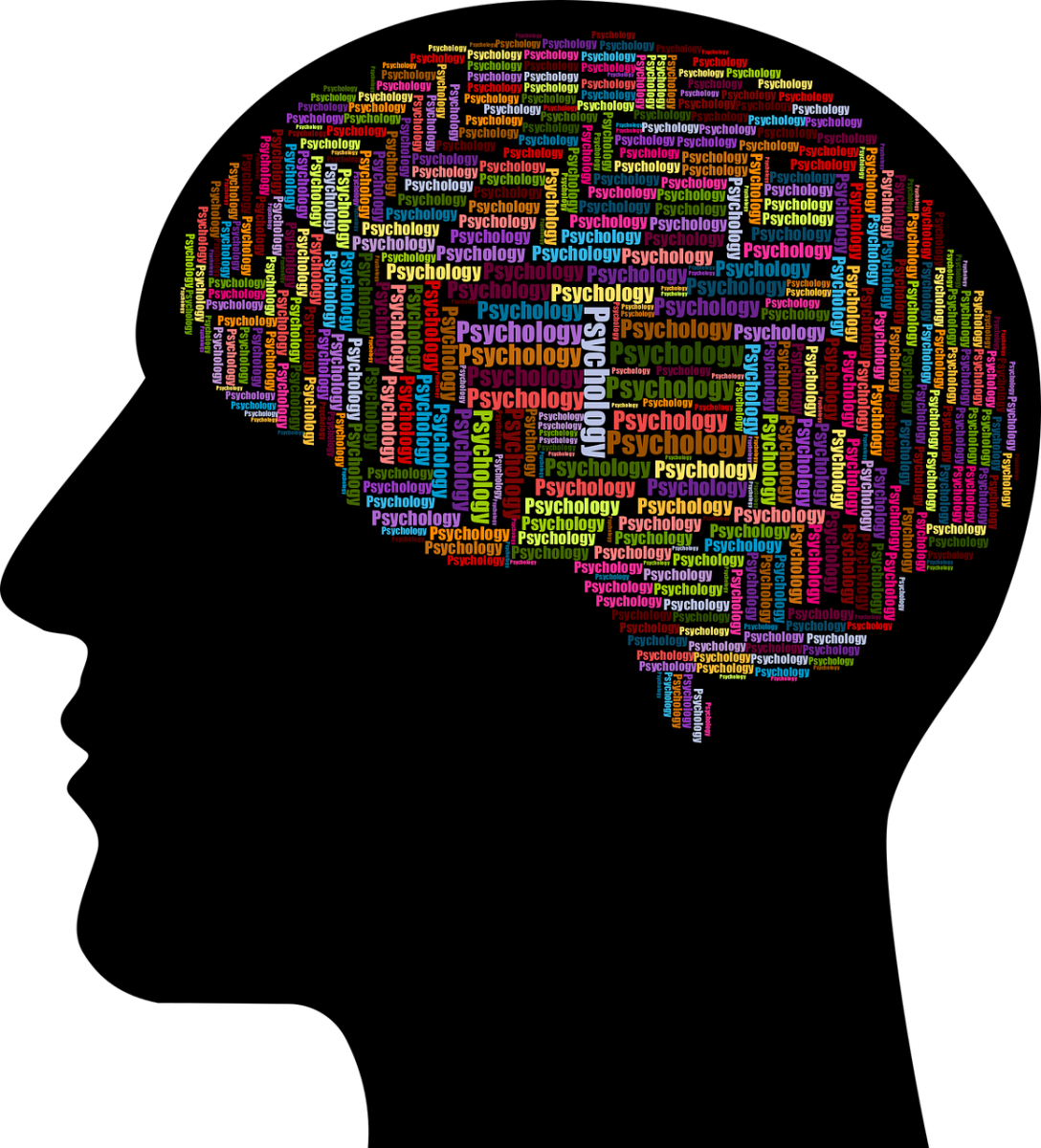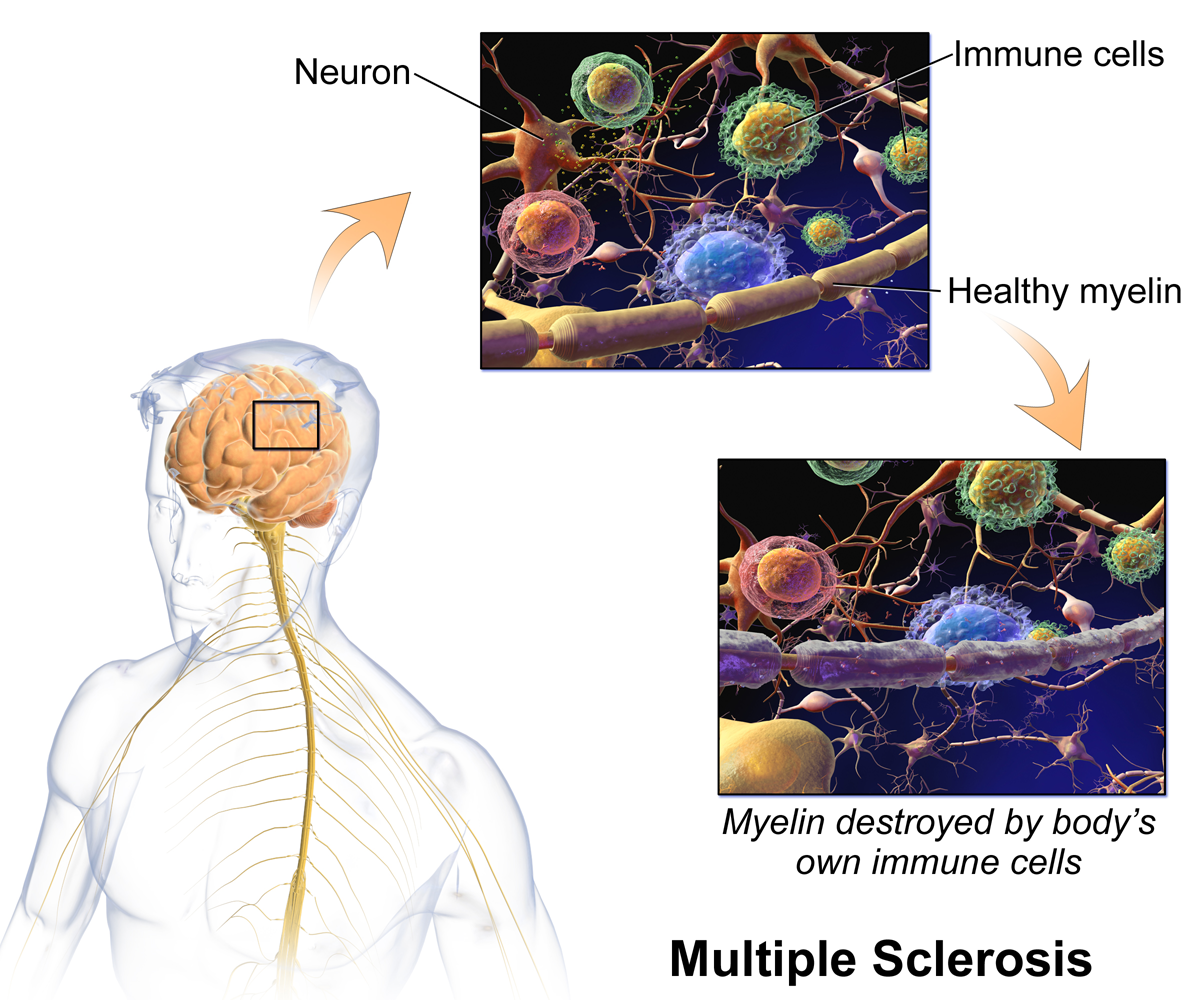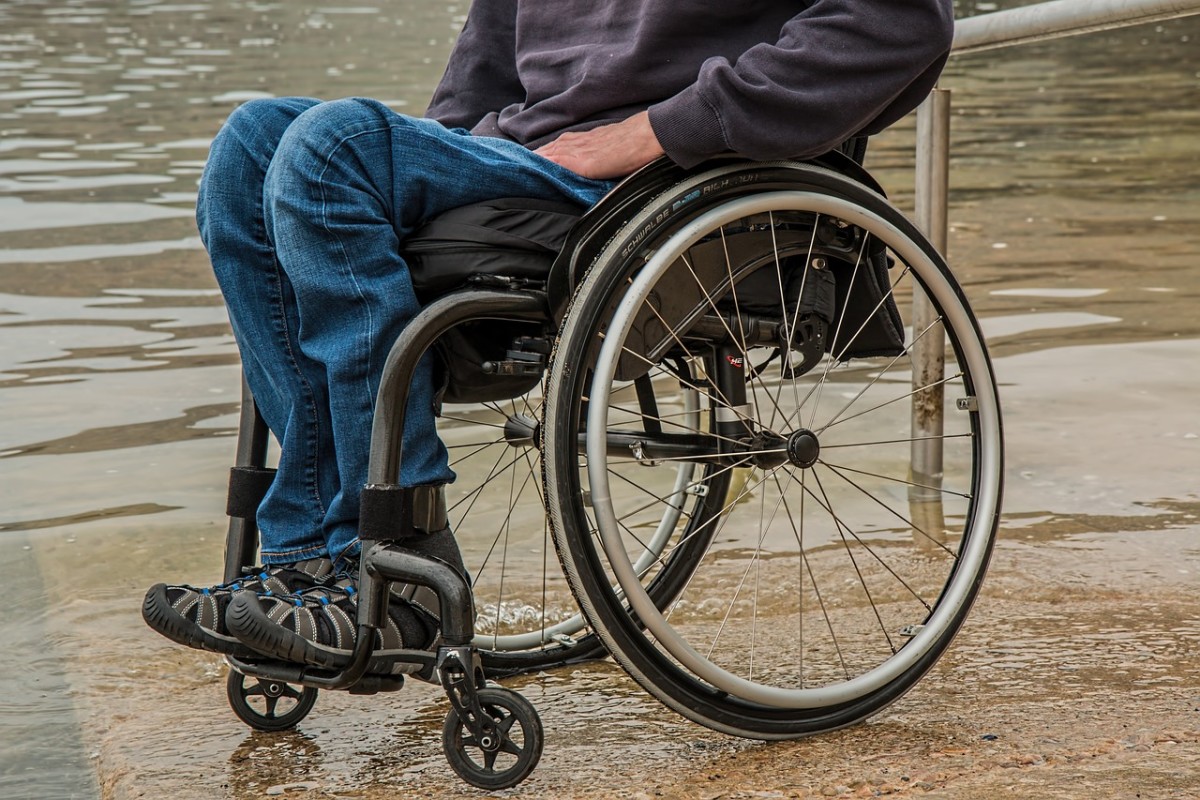Tremor and Ataxia - I Have Learned Something New!
Well it just goes to show you, I have officially reached my 16th year managing MS, this month of July, and low and behold I have learned something new about MS tremors and MS ataxia! Before I delve thoroughly into each symptom, I will give a basic overview of the two and how I am personally affected. Afterward I will write in detail about each of the two.
This will comprise 3 separate articles and I will link each one to the other both at the bottom of the page and in a link box, for your convenience.
Tremor and Ataxia by Definition
As at least one third of all MSers can tell you, the MS tremor and MS ataxia are notable in that they are VISIBLEmanifestations of the disease. With so many invisible symptoms hiding the true nature of the illness, having a tremor or ataxia makes a distinct impression and impact on the lives of people with MS as well as on their social connections and circles
Therefore, to help your relative or friend who has MS not to isolate themselves and cease their social interactions with you, it is imperative to know exactly what causes the disturbing movements you see. Understanding the causes will no doubt help you not to react in a way that will reinforce your family member's or friend's feeling of shame and embarrassment. Hopefully then the MSer will continue to socialize and interact with beloved family and friends.
TREMOR
The MS tremor can best be characterized as a rhythmic shaking movement that most often affects the arms and hands.
ATAXIA
The incoordination of purposeful movements. With MS it can affect eye movements, speech, limb movement, standing and walking.
Tremor and Ataxia Combined
Put them both together and you see a person with rhythmatic shaking of the arms and/or hands, and legs who seems very uncoordinated and may even have a hard time talking without slurring their speech. Why just standing still can be a monumental accomplishment, not to mention walking. It can be uncomfortable to watch a person in this condition, but not more uncomfortable than it is to BE the person in this condition.
Imagine you gather the strength and moral fortitude to venture out reasoning you will be OK because you will be around family and friends and instead of being made to feel comfortable, you feel stares and eyes fixed on you until you happen to unexpectedly make eye contact. Then you see the sudden glance away, as if the friend or relative has just been caught doing something wrong. If that keeps happening, how comfortable would you be? How eager would you be to go out in the future? How secure would you feel in the love of your family and friends?
Conversely, what if you entered a home or social event and you were being watched, but when you made eye contact, no one looked away. Instead they smiled at you, mouthed h-e-l-l-o if they were across the room and freely made their way over to you to engage in the type of conversation you grew to expect from a close friend or family member. Then would you wish you had never come? Would you be telling yourself you would never do this again? Of course not.
People with MS are fully aware they may no longer fit the norm when it comes to their personal appearance, they just want you to get pass the outward appearance and remember them as the same family member or friend you've known and loved for years. It can be done. It just takes some forethought and preparation to expect the unexpected if you haven't seen your relative or friend in some time.
The Brain the Tremor the Ataxia
So what's happening in the brain of a person with MS, that manifests itself in such a physical way? It all boils down to the cerebellum of the brain which coincidentally contains about half the nerve cells in the entire brain. HALF THE NERVE CELLS! The cerebellum is part of the network of nerve cells and other regions of the nervous system that make it possible for all of us to move smoothly, when and where we want. Since the cerebellum is central to the actual processing that is done, any damage to the central part in other words the cerebellum, or its components, or its pathways can lead to a lack of coordination and tremors. Take a MS plague and place it in any part of the network and you have the recipe for tremors and uncoordinated movements.
My Personal Enlightenment
First in the area of tremors, the research from My Focus revealed to me that I do not have an intention tremor as I believed for years now. I in fact have a distal tremor because it affects my hands and wrists mainly and not my shoulders (proximal) and is a rest tremor because it is most evident when I try to maintain a position or posture.
For example, when I meet with my congregation and am seated for an extended time, the tremor will come in one or both of my hands.
Or when I met with my neurologist this last time, after remaining seated for the exam, a noticeable tremor manifested itself in my right hand.
Next in the area of ataxia, I discovered my nystagmus (rapid eye movements) is part of the ataxia. I always assumed because I had dizziness and sometimes had trouble looking to the far left or far right, during an exam that my problem was a plague in the optic nerve some where. That's not necessarily, or should I say solely the case. Ataxia can also be the cause, which explains why I don't have an on-going problem with ON (optic neuritis).
While not ground breaking, this is all new information for me and clears up some inconsistencies in my mind involving the above mentioned symptoms.
Treatment Choices
Wouldn't you know it, the most visible symptoms of MS are the hardest to treat. With symptoms that can negatively impact a person's social life, sex life and work life, it is only natural to look for a drug to help relieve the symptoms. Sad to say, there is a lack of effective medications for the problems. Not to say that researchers and health-care professionals aren't hard at work trying to find the right drug or drug combinations, just that thus far they have not been very successful.
- isoniazid is one drug that has shown the most success of the unsuccessful
- gabapentin, levetiracetam, and carbamazepine anti-epeleptic drugs with an uncertain record.
- ondansetron and dolasetron known as the 5HT3 antagonists, have shown some early promise but need larger controlled trials to prove they are really effective.
Tremor and ataxia are the most treatment resistant and yet disabling symptoms in MS. For that reason some have tried rehabilitation therapy to regain movement and balance.
Personally, I do not take any medications. Compared to the deficits many MSers suffer, mine is minimal.
The BIg Wind Up
Well, that is what I learned last month as it applies to my MS. There is so much more information to share as it relates to other MS sufferers. I will take tremor and ataxia one-by-one in two upcoming articles. I have only skimmed the surface so far. As I complete the articles I will link them together as explained at the top of this page.
Meanwhile, are you excited that I'm so excited to understand my tremor and ataxia better? If so please leave me a message and if you suffer similar symptoms, please drop me a comment as well.








